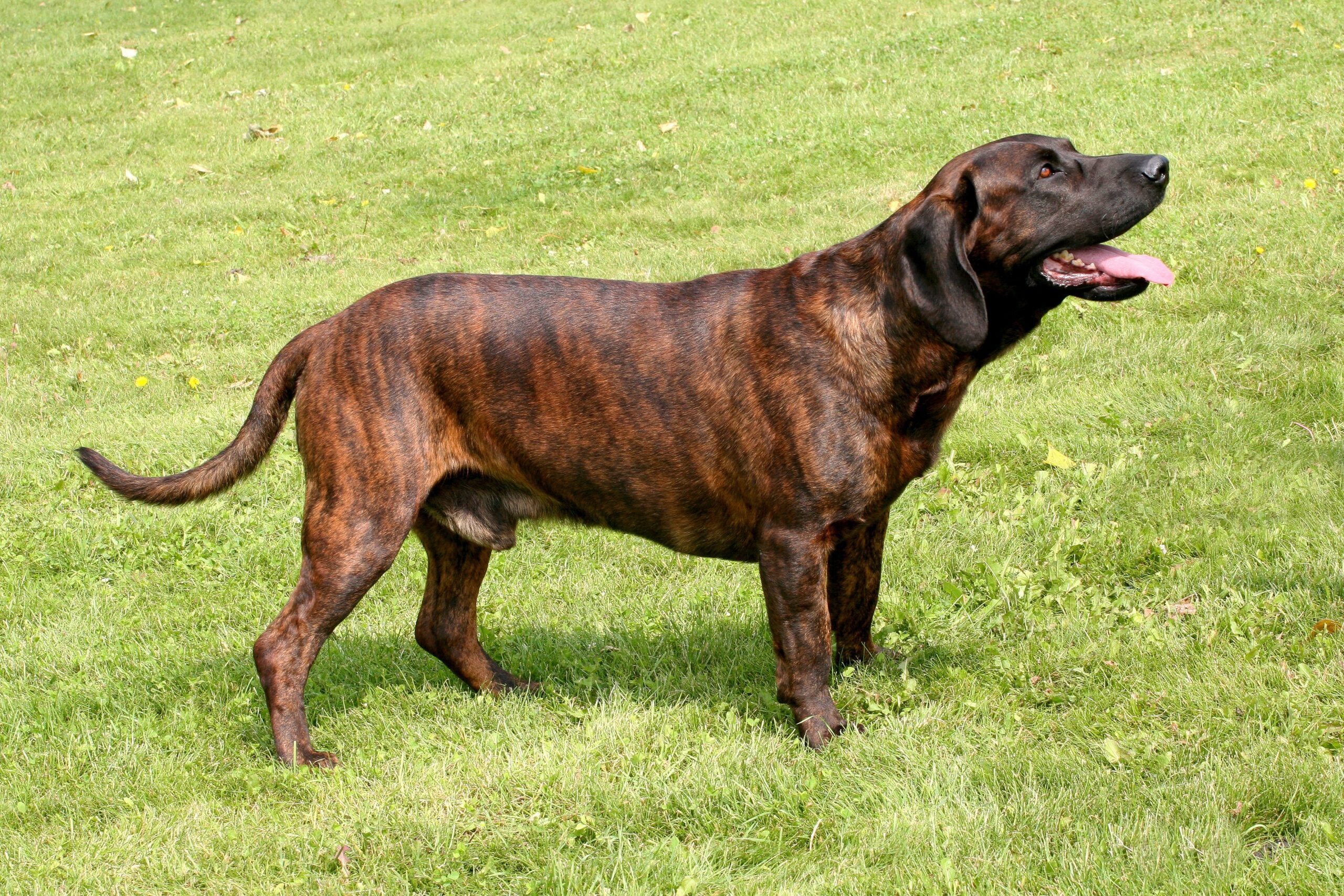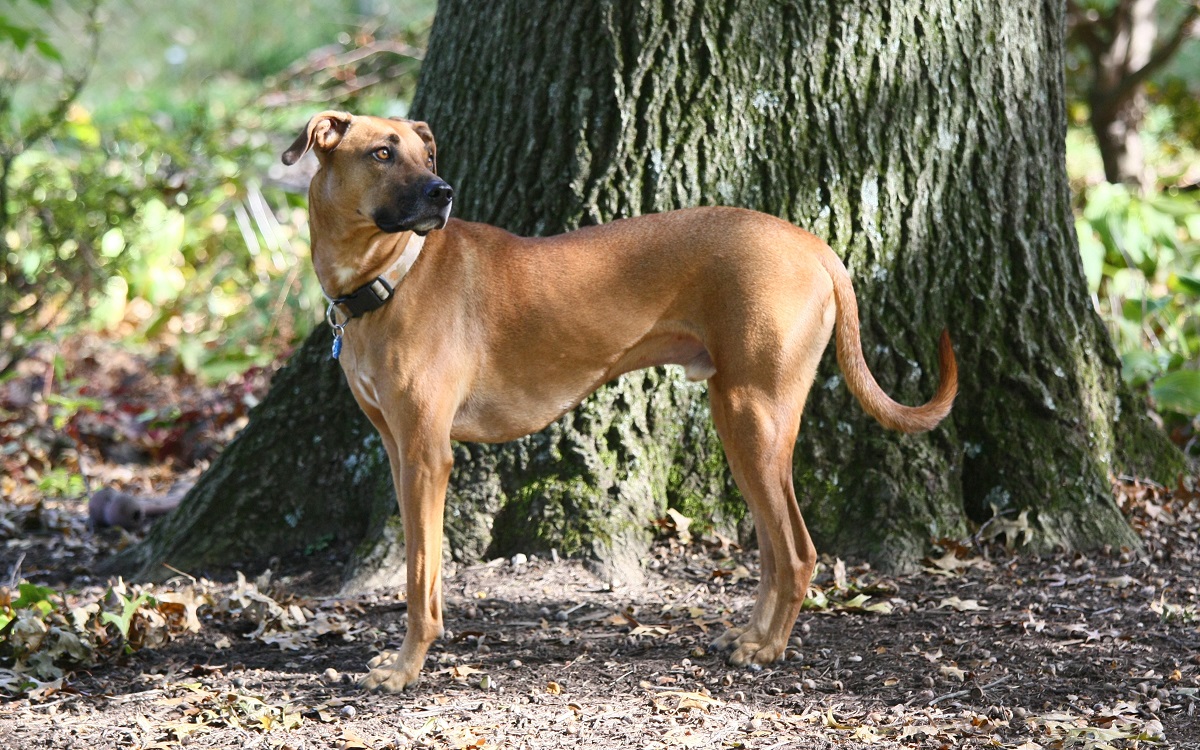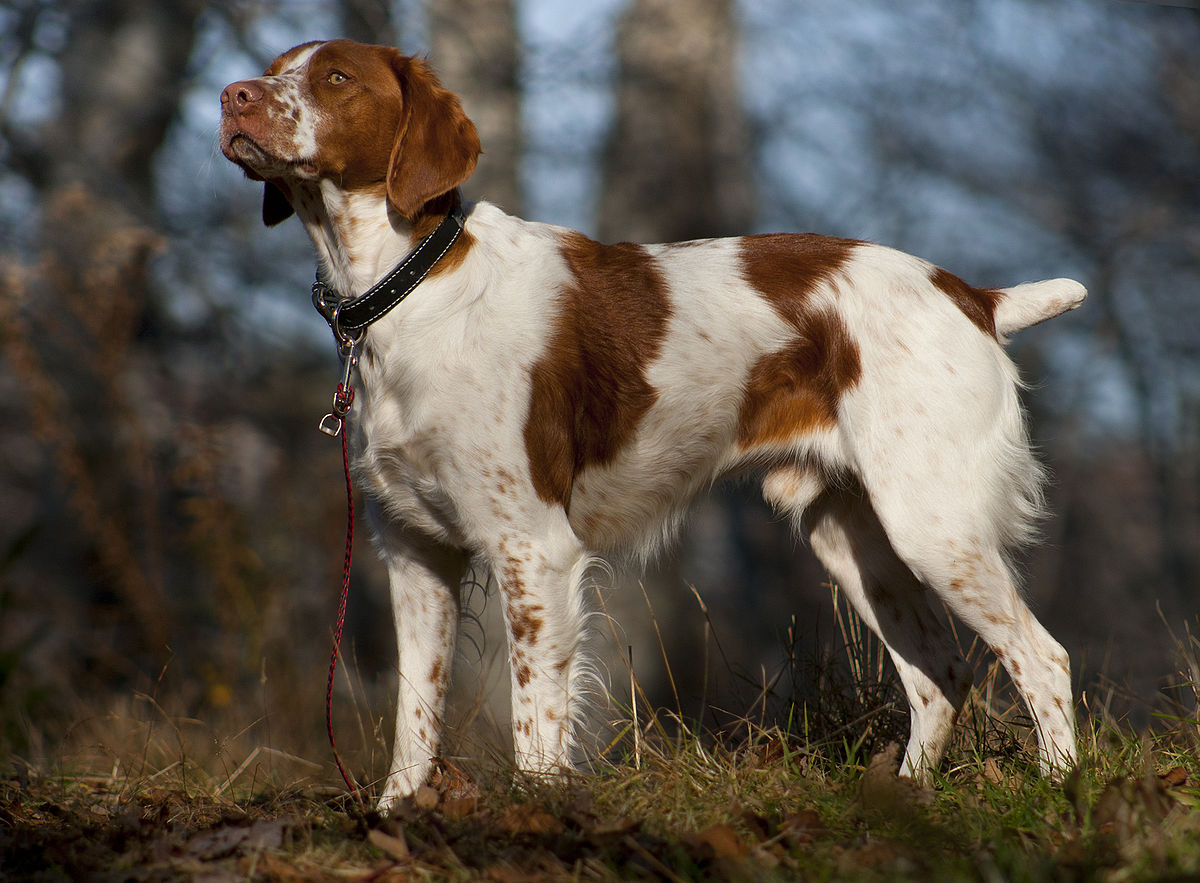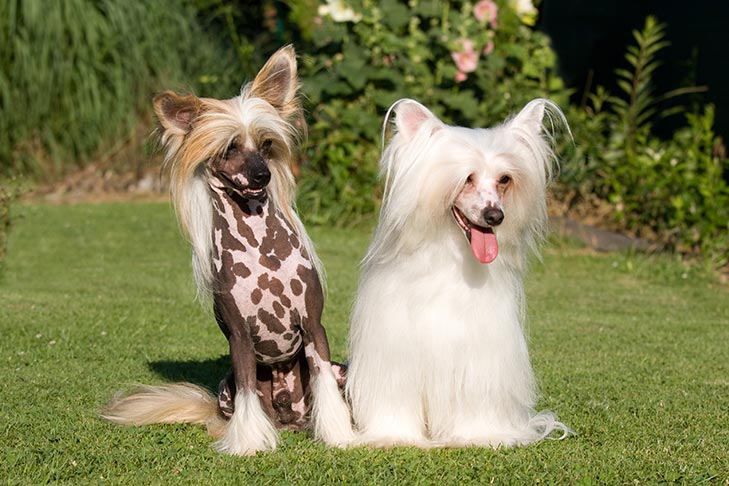Introduction
The Hanover Hound is a breed of dog that originated in Germany and is known for its exceptional hunting skills, particularly in tracking and scent work. They have a muscular and athletic build, with a short, dense coat that is usually tan and black in color. Hanover Hounds are intelligent and trainable, with a calm and gentle temperament that makes them great family pets. They are loyal and affectionate with their families, but can be reserved with strangers. Hanover Hounds require regular exercise and mental stimulation to stay healthy and happy, and with proper care and attention, they make wonderful companions for active households.
Hanover Hound Temperament
The Hanover Hound breed is known for its loyalty, intelligence, and friendly nature. They are excellent family pets and get along well with children and other animals. Hanover Hounds are also energetic and require regular exercise to stay healthy and happy. They have a strong hunting instinct and love to track and pursue game. Due to their high intelligence, they are easy to train and respond well to positive reinforcement techniques. Overall, the Hanover Hound is a loving and devoted companion with a strong work ethic and a friendly disposition.
Aggression

Aggressive behavior in Hanover Hounds can be caused by a variety of factors, including genetics, lack of socialization, fear, anxiety, and territorial instincts. It is important to note that not all Hanover Hounds display aggressive behavior, and any instances of aggression should be taken seriously and addressed promptly. Signs of aggression may include growling, snapping, biting, or lunging, and can be directed towards other dogs, animals, or humans. To prevent or address aggressive behavior, it is recommended to socialize Hanover Hounds from a young age, provide proper training and supervision, and consult with a professional dog trainer or behaviorist as needed. It is important to provide Hanover Hounds with a stable and positive environment to prevent behavioral issues from arising.
Health and Lifespan of Hanover Hound
The reported lifespan range of the Hanover Hound breed is between 10 to 12 years. It is important to note that the lifespan of any dog can be influenced by factors such as genetics, diet, exercise, and healthcare. Regular visits to the veterinarian and proper care can help ensure a longer and healthier life for your Hanover Hound.
Food
When it comes to selecting the best food for your Hanover Hound, it is important to choose a high-quality, balanced diet that meets their nutritional needs. Hanover Hounds require a diet that is rich in protein, healthy fats, and essential vitamins and minerals. You may want to consider a high-quality dry kibble that is specifically formulated for large-breed dogs to support their joint health. It is important to choose a dog food that does not contain artificial preservatives or fillers as they can be harmful to your dog’s health. Consulting with your veterinarian is recommended to determine the best diet for your individual Hanover Hound, taking into account their age, weight, and any specific dietary needs or health concerns. With proper nutrition, your Hanover Hound will be healthy, happy, and able to thrive.
Training for Hanover Hound
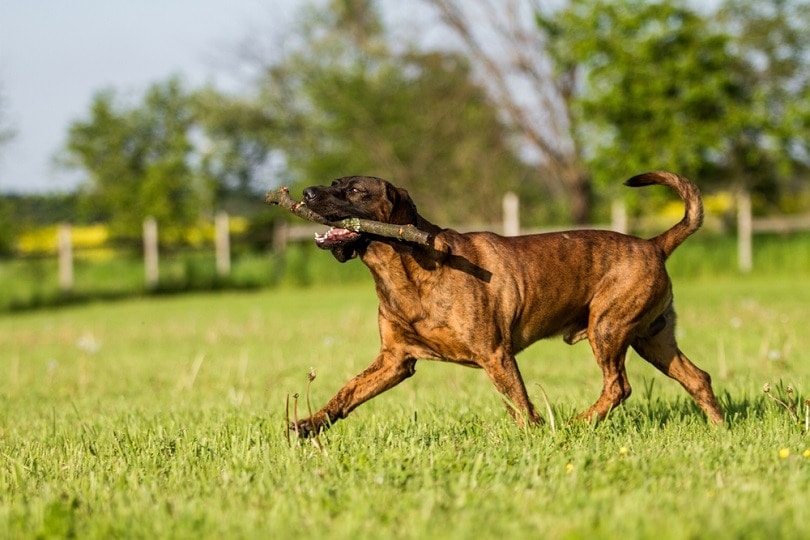
Training a Hanover Hound requires patience, consistency, and positive reinforcement. Start with basic obedience training, and socialize your dog from a young age. Use positive reinforcement techniques, like treats and praise, to encourage good behavior, and be consistent in your approach. Incorporate mental stimulation through interactive toys and puzzles, and provide plenty of exercise to keep your dog healthy and happy. With these techniques, your Hanover Hound can develop into a well-behaved and obedient companion.
Conclusion
In conclusion, the Hanover Hound is a versatile and intelligent breed known for its exceptional hunting skills and calm, gentle temperament. With their muscular and athletic build, Hanover Hounds require regular exercise and mental stimulation to stay healthy and happy. They make great family pets and are loyal and affectionate with their families. To prevent any potential behavioral issues, it is recommended to provide Hanover Hounds with early socialization, proper training, and a stable environment
